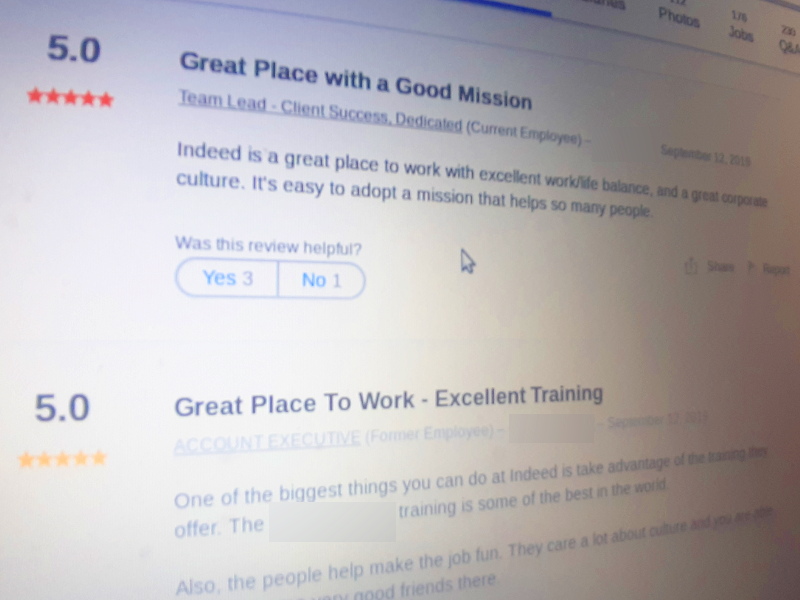How to Write Great Fake Reviews
Published: 10 October 2019

I was chatting with a friend late last night and part of our conversation was about how the company she works for had been receiving very bad reviews from her former co-workers. Then the conversation went towards how “guerrilla marketing” played a role in changing her company's average 3.6 star rating in multiple sites into 4.6 stars in just a matter of days.
It caught my interest so I went exploring and saw the actual reviews, both good and bad. Needless to say, I was disappointed with what I saw. The positive 4/5 star reviews were so fake you can spot them from miles away— with your eyes closed.
The problem with people who fake positive reviews is that their writing is too... shall we say, manufactured. It's unnatural. It's too perfect. The reviews left me with the impression that whoever wrote those reviews have English as their second, possibly third, language but they were trained to write in it. But the people whom they are trying to impersonate aren't; so their writing lacks the spontaneity of someone's who has real gripes but isn't really equipped to express those gripes in a consumable manner.
So, based on what I've read so far, here are a few tips:
1. Filipino First
I can imagine that most people who work at BPOs in the Philippines, while educated and have had some training in articulating their ideas in English, don't really think in English. Of course, there are many exceptions out there. But even in our office, if you poke someone in the eye, their initial reaction would be “aray!” not “ouch!”
Therefore, whatever it is you want to say and whether it's true, write it down in Filipino (or Cebuano or Ilocano, etc.) first and then translate it in English— as badly as you can:
Take, for example, “ang importante ay lagi kaming masaya dito...”
“The important is were happy here always...” vs “we're always happy here and that's what's important...” The first sounds very awkward, the second is a bit more proper. But when you look at how awkward the real bad reviews are, you will know how to catch the fake good ones.
2. Don't Be a Nazi
Trained writers always check their spelling, at the very least, and their grammar. If it's fine to mix up the we'res with the weres, the they'res with the theirses, and the you'res with the yourses when you have really bad things to say; it should also be fine to mix them up when you're saying something nice. And who the fuck uses Oxford Commas and semicolons when they're writing shit; c'mon! ...oh, wait.
But seriously. The more mistakes you make, the less manufactured you come across. Nobody cares about how good you write in those job sites. Your English teacher isn't going to shave points from you for making those mistakes. You're not representing the company that you're working for when you're writing your fake reviews— and you most certainly don't want to leave that impression.
3. Develop Your Characters
Imagine how boring movies and TV shows and plays would be if every character spoke in the same manner. Like how boring How I Met Your Mother would be if Barney wasn't so bastos and Marshal wasn't so sabaw. Imagine how uninteresting songs would be if every instrument that was used to make that song came in the same register. Imagine how dull drawings would be if they didn't have enough contrast and value.
You may think you're only writing a series of four- to five-sentence reviews but you're not. You're trying to leave the impression that each review in that series is from a real person who has his or her own unique experience in a given setting. You're telling a story and nobody likes stories with characters that have no personality.
4. Be Strong
You lie for a living; you have to accept that. But at the end of the day, you have to know you are not what you write. You are not the characters that you've made up who think life is always great and have to express it in so many ways. It's fine if you think you can live with everything you have to lie about. But would there be a time when you'll stop and think, “what would I do if people end up actually believing in me?”
Be strong; because you will have to lie again tomorrow, and the day after, and the day after that. Your characters will always have to go up against real people who have real things to say.
And all the great figures that you see in your spreadsheets and on your mobile screens won't mean much if you aren't able to sleep.